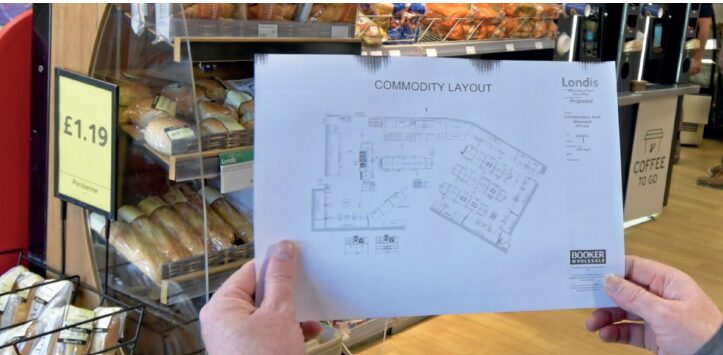The clock is ticking for retailers looking to sell stores ahead of increases in capital gains tax (CGT), retail property experts have warned.
Business Asset Disposal Relief – the amount of CGT paid on gains made when selling a shop for a profit – will rise from 10% to 14% in April and rise again to 18% in April 2026. It means retailers have a narrow window to avoid the increase.
Steve Rodell, managing director of retail and leisure at property company Christie & Co, told Better Retailing: “If you’re thinking of selling in the next two to three years, you want to do it sooner rather than later.”
This is especially important “if you’re likely to see a big gain on the value of your assets; if you’ve had it for 20 or 30 years and the gain could be quite significant”, he said.
Similarly, broker Manish Jadav, founder of Trinity Retail Sales, said time is not on retailers’ side, with just four months until the first CGT rise. “A typical store sale takes around three months,” he said.
“By the time it gets on the market, does viewings and goes through legal, it’s a three-to-four-month turnaround, and up to five if there’s a Post Office involved,” Jadav said, adding: “Now is the time to act.”
Autumn budget and capital gains tax combining to make it tough to sell shops
At the time of the Autumn Budget, retailers told Better Retailing CGT hikes would discourage them from selling their stores. Middlesbrough multi-store owner Bay Bashir stated: “I’m looking to retire and pass the store on to my sons because CGT will probably make us not sell.”
Despite CGT rises, the budget’s impact on stores’ profitability is “the bigger issue” which could erode profits from selling a store, according to Rodell. This is because any impact from wage and national insurance measures that dent profitability could reduce shops’ values.
Better Recently recently calculated that typical local shops face a £3,303 cost hike per year due to the Budget, while bosses of convenience group One-o-One, the SGF, and Scottish Midland and Southern Co-ops all signed a letter to the government warning of a £7bn hit to the industry.
Rodell explained the likely budget impact, stating: “When we’re assessing the value of a business, we look at the accounts that they produced six months ago and potentially any management information.
“If you’re running a convenience store and the budget comes in and you’re thinking in the next year or two you want to sell, work out if your profit is going to be hit by £5,000-10,000 a year and how you can get more income to counteract that.”
Rodell advised retailers selling soon to add long-term sales value by investing in upgrades like “IT solutions to staffing, electronic shelf labels and automatic stock ordering”.



Comments
This article doesn't have any comments yet, be the first!